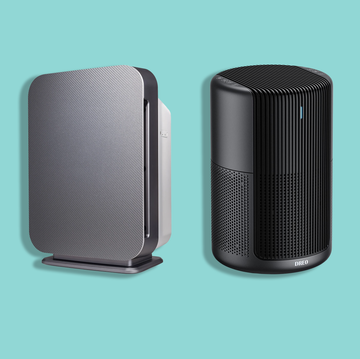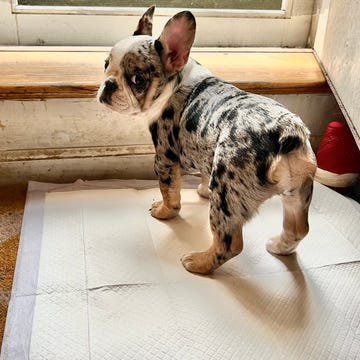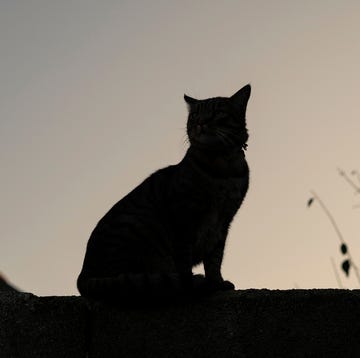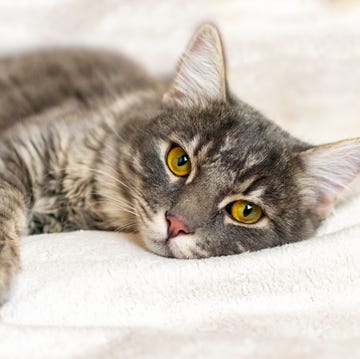Ah, spring: The birds are chirping and the flowers are blooming. Easter is around the corner, and spring cleaning may be on your mind. It’s also a time of year when curious pets get into things you wish they wouldn’t.
Renee Schmid, director of veterinary medicine and senior veterinary toxicologist at the Pet Poison Helpline, a 24/7 animal poison control center, has fielded more than a few panicked calls from pet owners. Here’s what she has learned about avoiding spring’s most common household pet dangers.
Spring clean safely.
Leaving a bottle of cleaning chemicals open can be an invitation for pets to sniff and taste, which can cause serious injury. Keep all cleaning products closed, and when you clean a toilet or a shower, make sure to close the lid or the bathroom door to keep curious pets from licking there until the cleaner has been rinsed off.
Be cautious with carrot cake.
If you’re making an Easter carrot cake or anything else with raisins, beware: Raisins and grapes can cause kidney failure in dogs and cats. Use a trash can with a heavy lid to discourage foraging, and be aware of what your pet can reach. While a small dog won’t be able to get to food left on a countertop, a larger dog or a cat certainly could.
Look out for lilies.
The beautiful white flowers are classic spring blooms. Unfortunately, the entire plant, including stems, leaves, flowers and pollen — and even the water in a vase containing lilies — can cause kidney failure in cats in as little as three days if ingested. Shamrock and azalea plants can also be very toxic to both dogs and cats, Schmid says, causing nausea, breathing difficulty and more.
Stay safe on Easter Sunday.
Keep baskets out of reach of pets — curious dogs could chew on plastic eggs (and their contents), and chocolate can cause sickness in both dogs and cats. And resist the urge to share table scraps: Garlic and onion are toxic to dogs and cats, and animal bones can cause choking and internal obstructions.
What to do after toxin exposure
Hopefully, your pet will never get into something they shouldn’t. “Toddler-proofing the home is similar to what you’d want to do for your pet,” says Schmid. But accidents happen. If you suspect that a pet has ingested something harmful, Schmid recommends calling your vet or the Pet Poison Helpline (855-764-7661; $89 fee may apply) for advice.
Sarah Vincent (she/her) covers the latest and greatest in books and all things pets for Good Housekeeping. She double majored in Creative Writing and Criminal Justice at Loyola University Chicago, where she sat in the front row for every basketball game. In her spare time, she loves cooking, crafting, studying Japanese, and, of course, reading.













